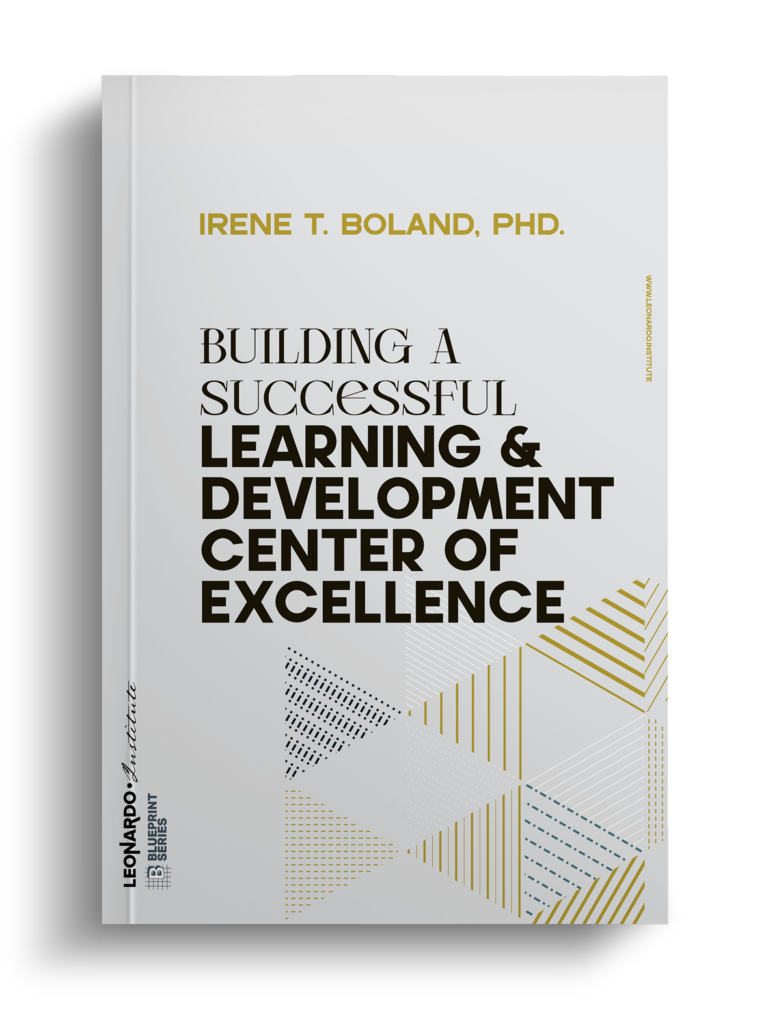In today’s global market, the integration of disability inclusion practices is not just a moral imperative but a strategic business decision. As workplace learning professionals, understanding the depth and breadth of such initiatives gives us insights into creating more inclusive environments. Let’s explore how global corporations like Nestlé, Orange, Repsol, and Salesforce are leading the charge in fostering inclusive workplaces for individuals with disabilities.
Nestlé’s Commitment to the Deaf and Hearing-impaired
At Nestlé, the journey towards inclusivity for the deaf and hearing-impaired is a reflection of a conscious, company-wide mandate. With around 325 of its employees identifying as having a hearing loss, Nestlé Brazil has made significant strides in ensuring that every aspect of communication within the company is accessible. The introduction of video services in Brazilian Sign Language (LIBRAS), complete with subtitles and audio descriptions, showcases Nestlé’s dedication to embracing diversity. Furthermore, Nestlé’s Customer Service has adapted to offer video calls in LIBRAS, a move that exemplifies the company’s commitment to servicing all customers with the same level of excellence.
At the Garoto factory in Vila Velha, the impact of these initiatives is particularly notable with over 90 deaf employees actively involved in the operational workflow. Nestlé’s efforts extend beyond just hiring; they involve training internal teams in sign language and raising awareness about the capabilities and potential of these employees. By integrating deaf employees in the review process of new services and accessible communication materials, Nestlé ensures that the tools developed are truly user-friendly and effective. These steps, taken in unison with specialized organizations, affirm Nestlé’s leading role in creating a workplace that is both diverse and inclusive.
Orange’s Innovative Neuroteam Programme
Orange has taken a holistic approach to neurodiversity, recognizing it as an integral part of the company’s diversity and equal opportunities policy. The Neuroteam programme, established in 2021, is a testament to Orange’s commitment to creating an environment where neurodivergent individuals are understood, respected, and provided with platforms to excel. Supported by executive committee members and led by the diversity and inclusion department, Neuroteam operates as a think tank for innovation, encouraging employees to think differently and challenge the status quo.
The programme’s success lies in its shared governance structure, involving a diverse group of representatives from various departments, all contributing their unique perspectives and expertise. This collaborative effort has yielded a comprehensive awareness kit, which includes a neurodiversity guide, employee testimonials, and e-learning modules. By focusing on areas such as workspace design and collaborative tools, Neuroteam is actively dismantling barriers and fostering an inclusive culture. Furthermore, the programme’s outreach, including conferences and collaborations, is helping to advance the dialogue on neurodiversity beyond Orange’s walls, setting a new standard for inclusivity in the telecommunications sector.
Repsol’s Inclusive Employment Strategy
Repsol’s strategic approach to disability inclusion is an exemplary model of how corporations can blend social responsibility with sustainable talent management. By creating dedicated projects aimed at integrating people with intellectual disabilities into the workforce, Repsol has demonstrated a commitment to building a diverse and skilled team. The company’s partnership with foundations such as ONCE, Down España, and Universia indicates a thoughtful approach to inclusion, ensuring that expertise in the field informs their strategies and execution.
With a clear focus on matching job responsibilities with the employee’s skills, Repsol’s process begins with a thorough job analysis and moves into a meticulous job adaptation phase. This careful planning ensures that candidates are not only selected for roles where they can thrive but are also supported through specialized training and on-the-job coaching. The result is a workforce that appreciates the unique contributions of each member, fosters positive relationships, and provides effective feedback, ultimately leading to a more inclusive and productive workplace. The longevity of this initiative, demonstrated by the inclusion of persons with disabilities at Repsol service stations since 2005, highlights the sustainable impact of the company’s inclusive policies.
Salesforce’s Trailblazing Workforce Navigator Program
Salesforce’s Workforce Navigator is redefining how companies support individuals with disabilities in the technology sector. This external-facing workforce development program ensuresthat individuals with disabilities seeking careers in the Salesforce ecosystem have the necessary resources and support to succeed. The program’s “hub and spoke” model is designed to touch every aspect of the job seeker’s journey, providing support from the initial decision to pursue a Salesforce career to the moment of hire and beyond.
Key to the program’s success is its comprehensive suite of resources, including accessible training content, scholarship opportunities, and mentorship initiatives. For instance, Salesforce partners with specialized training providers like the Blind Institute of Technology to offer tailored learning experiences for assistive technology users. Moreover, Salesforce’s advocacy for workplace accommodations and its collaboration with external partners for piloting new programs demonstrate a forward-thinking approach to inclusivity. By investing in community engagement through volunteer work and philanthropy, Salesforce not only supports its employees but also contributes to the wider disability community.
Put it to Work
To apply the successful strategies of these corporations, start by evaluating and adapting your communication channels to be inclusive of all employees, much like Nestlé’s approach. Create collaborative platforms for innovation and diversity like Orange’s Neuroteam, and ensure that job roles and environments are inclusive for people with intellectual disabilities, taking a cue from Repsol. Lastly, build a comprehensive support system for job seekers with disabilities in your industry, as exemplified by Salesforce’s Workforce Navigator.
The Takeaway
The initiatives by Nestlé, Orange, Repsol, and Salesforce provide a blueprint for how companies can create inclusive work environments. These corporations are not just accommodating disabilities; they are celebrating diverse abilities and fostering a culture where every employee is valued and given the opportunity to succeed. Embracing these practices within your own organization can lead to a more engaged, innovative, and inclusive workforce.


